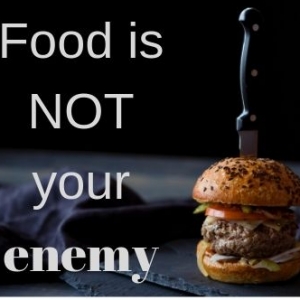Binge Eating Disorder (BED) is the most common of eating disorders in the United States, though this disorder was only given it’s own classification/diagnosis in the most recent DSM published in 2013. Previously these behaviors were considered under the category of Eating Disorder-Not Otherwise Specified which made it difficult for many people to seek the treatment they needed. Binge Eating Disorder is when a person recurrently eats an abnormally large amount of food within a short period of time, past the point of physical fullness, and feels a loss of control over their behavior during this time. A person with Binge Eating Disorder does not engage in compensatory behaviors, but does feel a similar sense of guilt, shame, or embarrassment about the binge episode. During the binge episode, the person eats more rapidly than normal, often eating alone or in secret out of embarrassment about their consumption, and may lose track of time, amount of food, or other obligations when engaging in a binge. Many people misunderstand binge eating disorder and believe that all people who are obese fit into this category. This is incorrect, and though many people with binge eating disorder are overweight or obese, it is possible to have this disorder and be in a normal weight range. Additionally, many people who are obese do not have binge eating disorder.
Compulsive eaters deprive themselves of a full and fulfilling life.
“…compulsive eating is basically a refusal to be fully alive. No matter what we weigh, those of us who are compulsive eaters have anorexia of the soul. We refuse to take in what sustains us. We live lives of deprivation. And when we can’t stand it any longer, we binge. The way we are able to accomplish all of this is by the simple act of bolting — of leaving ourselves — hundreds of times a day.” ― Geneen Roth, Women, Food and God: An Unexpected Path to Almost Everything



